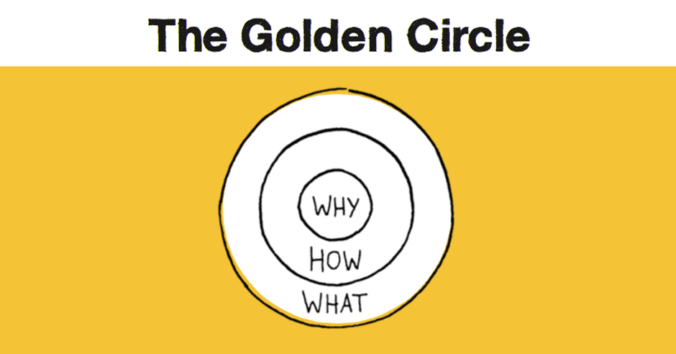“Both are necessary. Both are important.”
You need people who can hold the line. And you need people who can get things done.
John Mackey, Co-Founder and initial CEO of Whole Foods Market and co-author of Conscious Capitalism, gave me specific language for a common dynamic in organizational behavior.
In words he shared on Rich Roll’s podcast, the purist and the pragmatist are at the heart of a valuable tension in businesses, organizations, and movements.
I expect you’ll recognize it.


